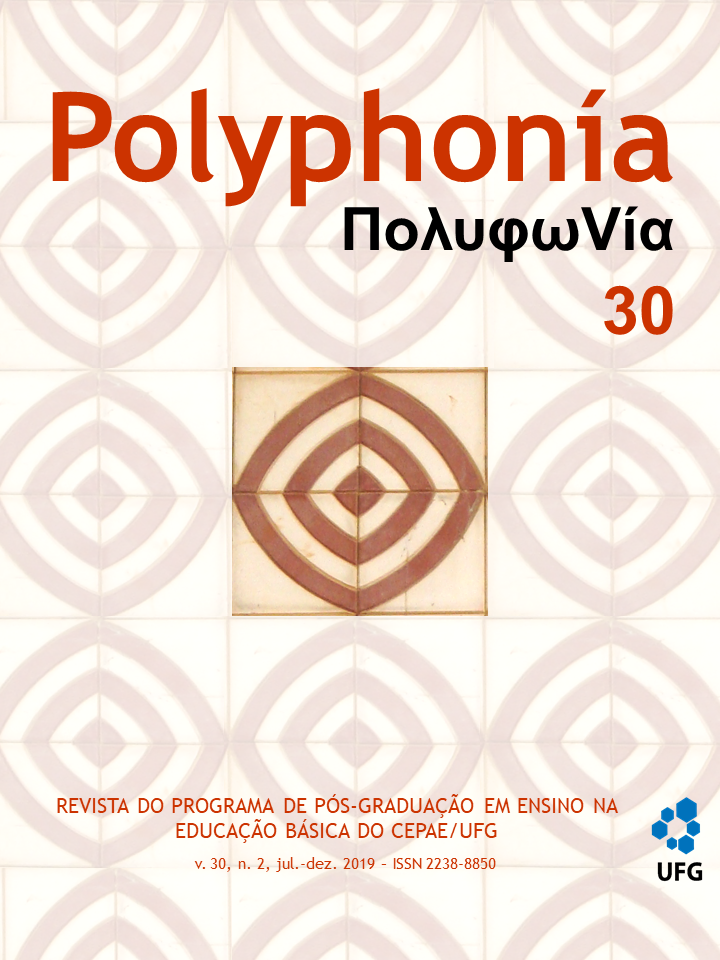A voz do professor acerca do uso das novas tecnologias nas escolas
DOI:
https://doi.org/10.5216/rp.v30i2.65102Abstract
The arrival of new technologies brings forth a new technical and economical paradigm which impacts different areas of social life. What are, however, the experiences and perceptions of teachers regarding new technologies and pedagogical work? What are the challenges that are brought to educational environments with this new paradigm? What reconfigurations need to occur in schools so that the needs of technological society are met? Why and how can new technologies be seen as enhancers and facilitators of the learning process? It is in the search of these answers that this study investigates and analyzes the understanding that teachers have about the use of the new technologies in the schools, from an empirical research with a group of teachers who attend the Stricto Sensu Post-Graduate in Education at University of Brasilia. The results showed the importance of incorporating new technologies and appropriate methods to answer to the demands of the media world.Downloads
Download data is not yet available.
Downloads
Published
2020-08-19
How to Cite
CORRENTE SILVA, Klever; DE SOUZA SILVA, Alcinéia. A voz do professor acerca do uso das novas tecnologias nas escolas. Revista Polyphonía, Goiânia, v. 30, n. 2, p. 49–62, 2020. DOI: 10.5216/rp.v30i2.65102. Disponível em: https://revistas.ufg.br/sv/article/view/65102. Acesso em: 4 mar. 2026.
Issue
Section
Dossiê: Tecnologias digitais e ensino na educação básica
License
Política de direitos autorais (acesso livre). Autores que publicam nesta revista concordam com os seguintes termos: Autores mantém os direitos autorais e concedem à Revista Polyphonía o direito de primeira publicação, com o trabalho simultaneamente licenciado sob a Creative Commons Attribution License que permitindo o compartilhamento do trabalho com reconhecimento da autoria do trabalho e publicação inicial nesta revista.
Autores têm autorização para assumir contratos adicionais separadamente, para distribuição não-exclusiva da versão do trabalho publicada nesta revista (ex.: publicar em repositório institucional ou como capítulo de livro), com reconhecimento de autoria e publicação inicial nesta revista.
Autores têm permissão e são estimulados a publicar e distribuir seu trabalho online (ex.: em repositórios institucionais ou na sua página pessoal) a qualquer ponto antes ou durante o processo editorial, já que isso pode gerar alterações produtivas, bem como aumentar o impacto e a citação do trabalho publicado (Veja O Efeito do Acesso Livre).


